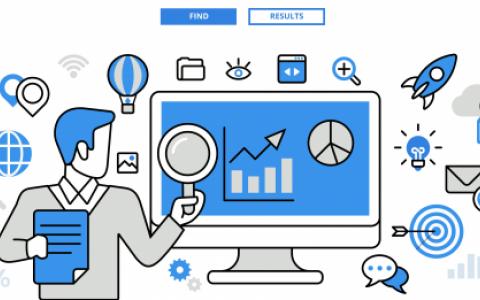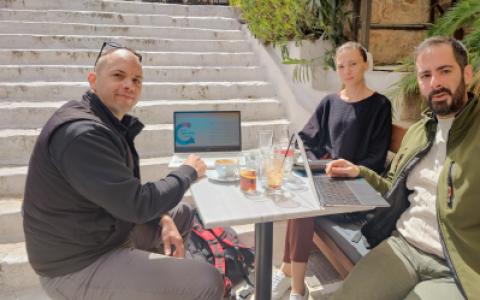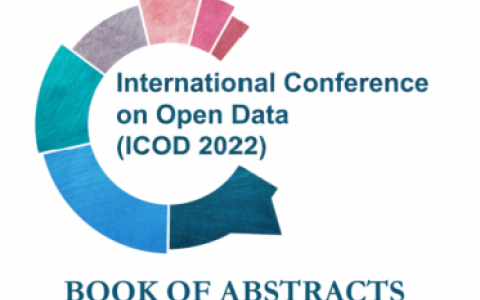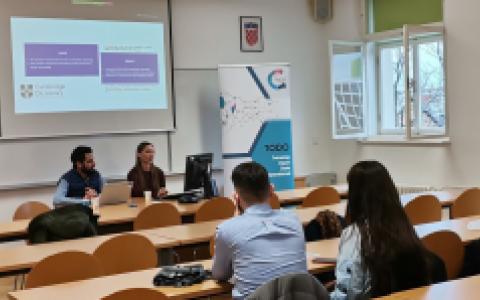Open science
The practice of science in accordance with open principles, including open access publishing, publication of and collaboration around research data as open data together with associated source code, and use and development of open source data processing tools.






